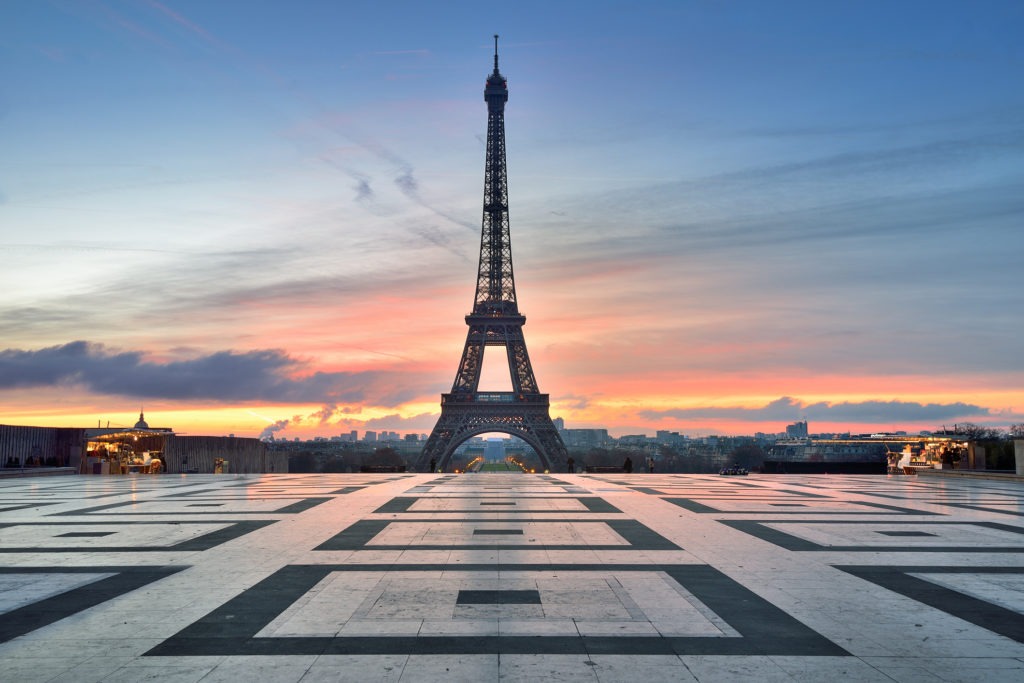Paris and the Netherlands plan to go emissions-free by 2030
12 October 2017

12 October 2017
Whereas President Macron aims for the last car with an internal combustion engine (ICE) to be sold in France in 2040, authorities in Paris plan to ban cars powered by petrol or diesel already in 2030. Meanwhile, the new coalition government in the Netherlands has reiterated that only emission-free cars are to be newly registered from the year 2030 onwards too.
Paris often imposes temporary bans on vehicles due to high levels of air pollution and the City Hall has said in a statement that although France has already set a target date of 2040 for an end to cars dependent on fossil fuels, a phase-out is required sooner in large cities.
′This is about planning for the long term with a strategy that will reduce greenhouse gases,’ said Christophe Najdovski, an official responsible for transport policy at the office of Mayor Anne Hidalgo. ′Transport is one of the main greenhouse gas producers so we are planning an exit from combustion engine vehicles, or fossil-energy vehicles, by 2030,’ he told France Info radio.
Paris City Hall has already faced criticism by introducing no-car zones, car-free days and fines for drivers who enter the city in cars that are more than 20 years old. However, it said it was not using the word “ban” but rather introducing a feasible deadline by which ICE cars would be phased out. In fact, Paris has already been considering phasing out diesel cars in time for when it hosts the summer Olympics in 2024 and so this is in many ways a reprieve. It is also worth noting that car ownership is comparatively low in Paris as many residents rely on public transport, short-term rental of bikes and scooters and the Autolib electric vehicle car-sharing scheme.
Just a few weeks ago, in the wake of lawsuits filed by the environmental protection organisations Milieudefensie and Adem, a court in The Hague forced the Dutch government to take immediate action against air pollution due to excessive levels of particulate matter and nitrogen dioxide.
Within the EU, the Netherlands and Austria have the highest market share of electric vehicles (EVs) in new car registrations. In the first half of 2017, EVs captured 2.1% and 1.8% market share of the countries’ new car markets respectively, according to ACEA data. It therefore may be more than a coincidence that the Netherlands is pushing for a ban on the sale of ICE cars with the same time frame as Austria, which itself came under pressure to follow the lead set by France.